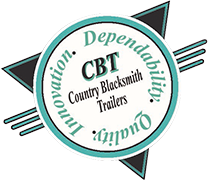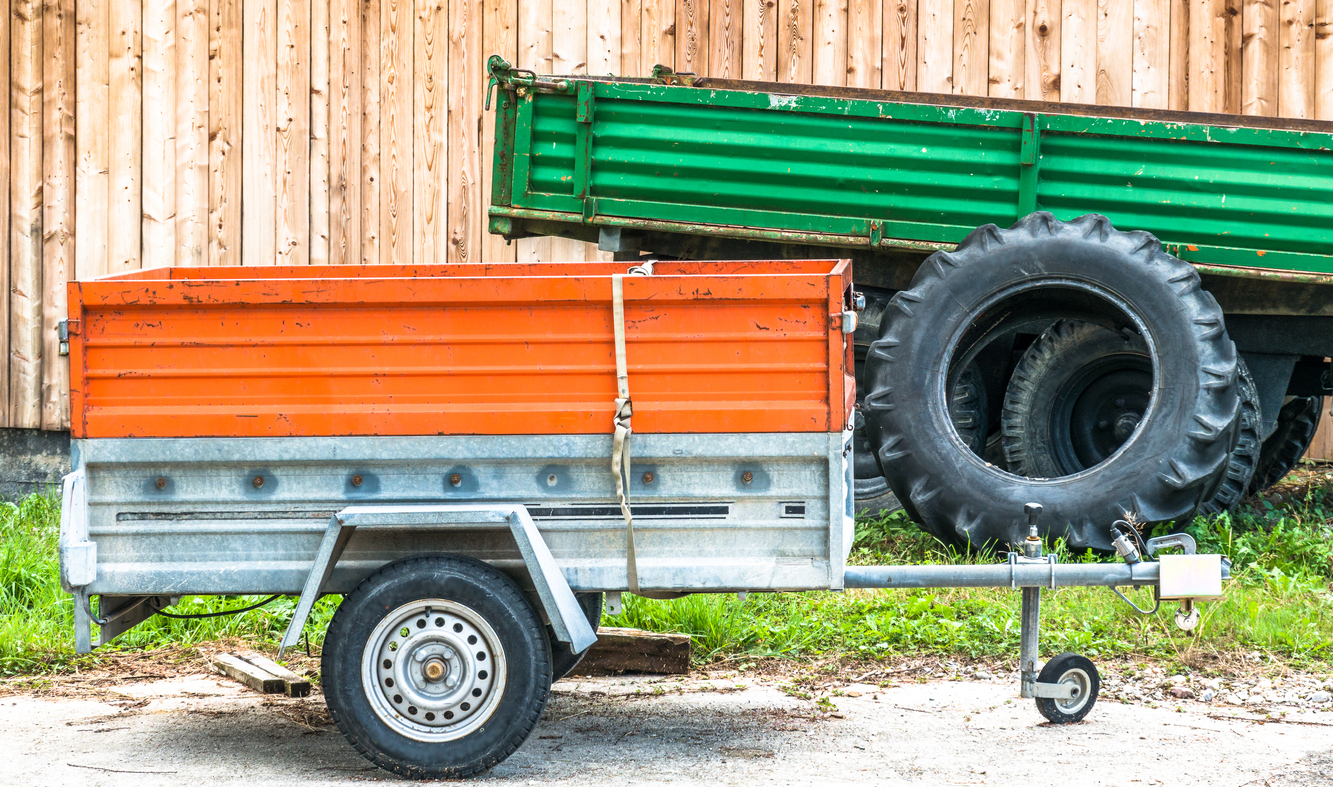
How To Section
When researching tires, there are three essential questions: What tires should I buy? How do I make my tires last? And when should I replace them? Whether you are a first-time buyer of trailer tires or have experience, it’s good to be reminded of the basics. HOW DO I...
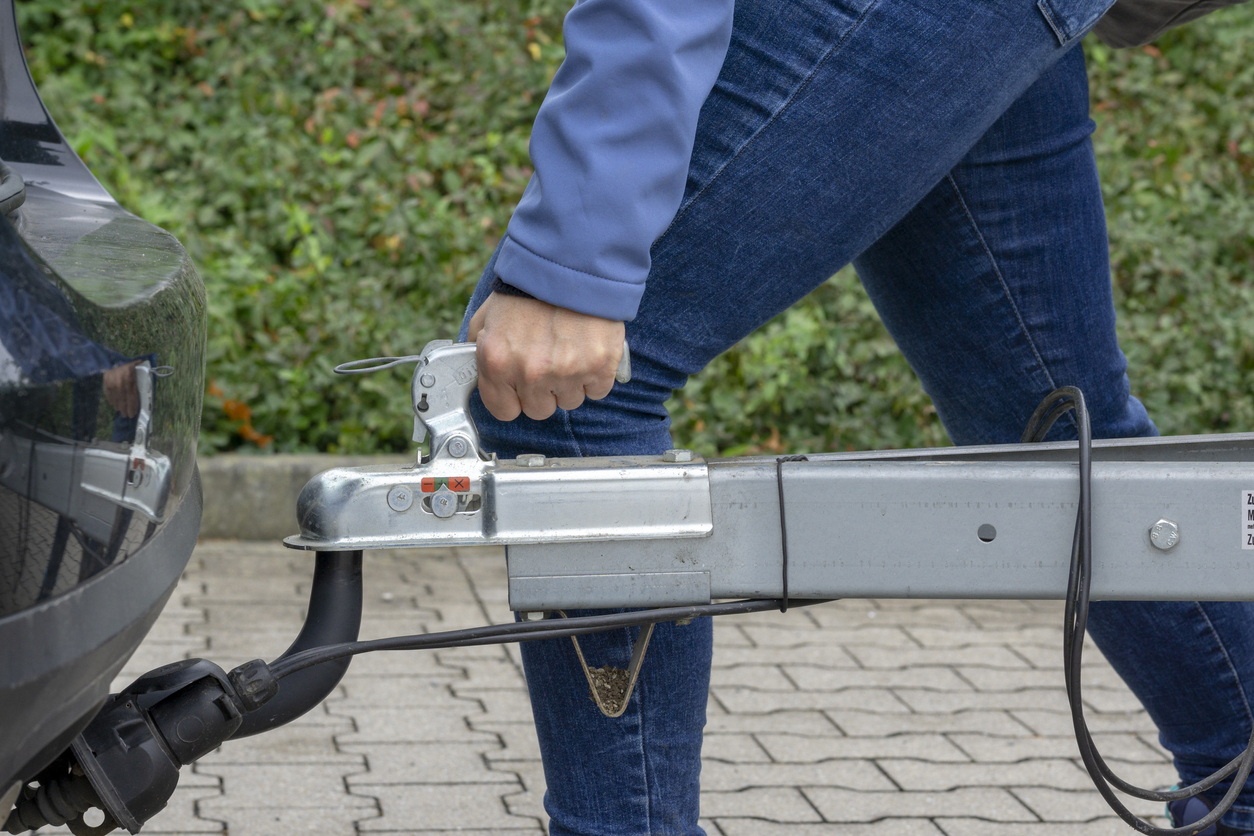
Trailer Buying Guides
When choosing a trailer, you have a long list of decisions to make – size, type, material, weight rating and more. It’s a lengthy process, but you want to make sure the trailer you invest in will be perfect for you. To help you get started on the decision-making...
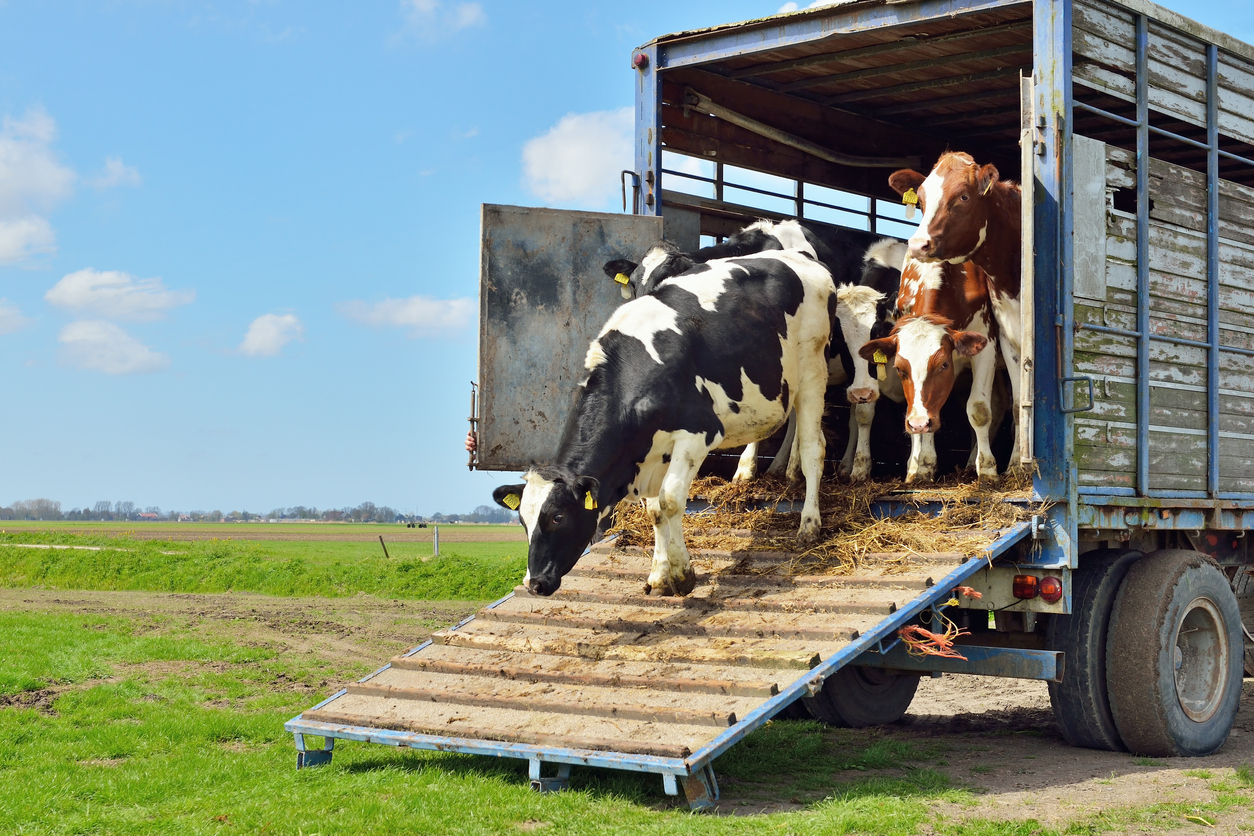
Trailer Buying Guides
When shopping for a livestock trailer, there are plenty of questions to ask. You want to make sure you choose a trailer that fits your needs, your vehicle’s needs and your livestock’s needs. Stock trailers are good for multipurpose uses, safe for different species of...

Enclosed Cargo Trailers
Choosing the right enclosed trailer can be difficult. There are so many sizes, shapes, colors and features to consider that without enough research, it’s easy to choose the wrong one for your needs. It all depends on what you plan to use your trailer for, and how far...
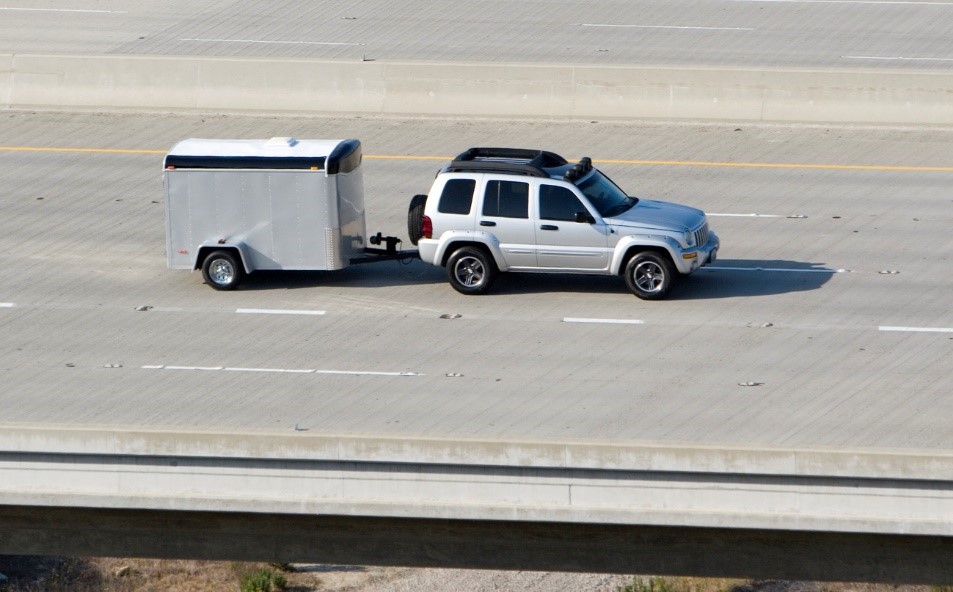
Trailer Buying Guides
With the variety of different trailers available on the market, it can be overwhelming to figure out which one you should buy. While some trailers are more versatile, like enclosed trailers, others, like tanker trailers, have a more specific use. To help you figure...
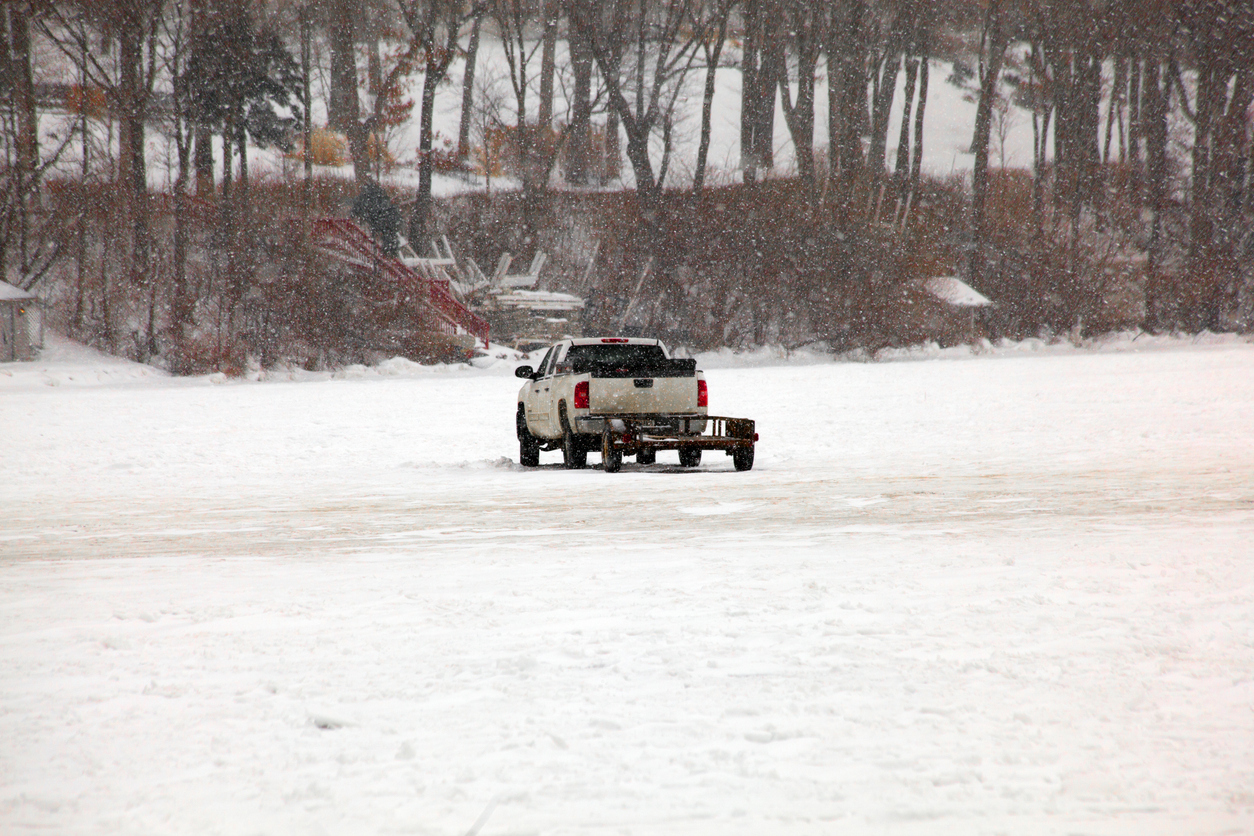
Trailer Advice
No matter how much experience you have hauling a trailer, winter weather conditions can quickly leave you questioning your preparedness. However, there are a few safety precautions you can take to keep safe and save yourself money during the frigid months ahead....
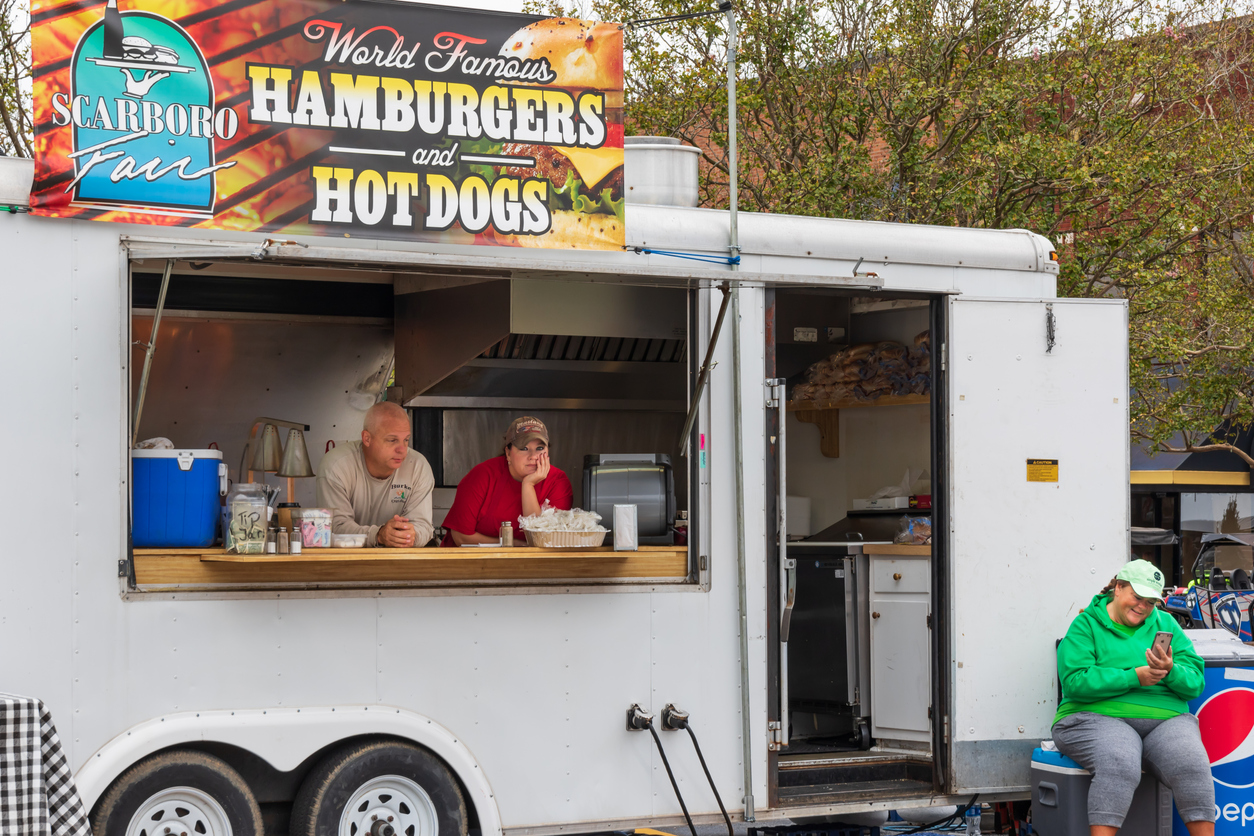
Trailer Buying Guides
You’ve decided to purchase a concession trailer – great! In order to make this purchase well worth it, there are a few things to know and be well-versed on. You can trust the staff here at Country Blacksmith Trailers to support you through each step of the buying...
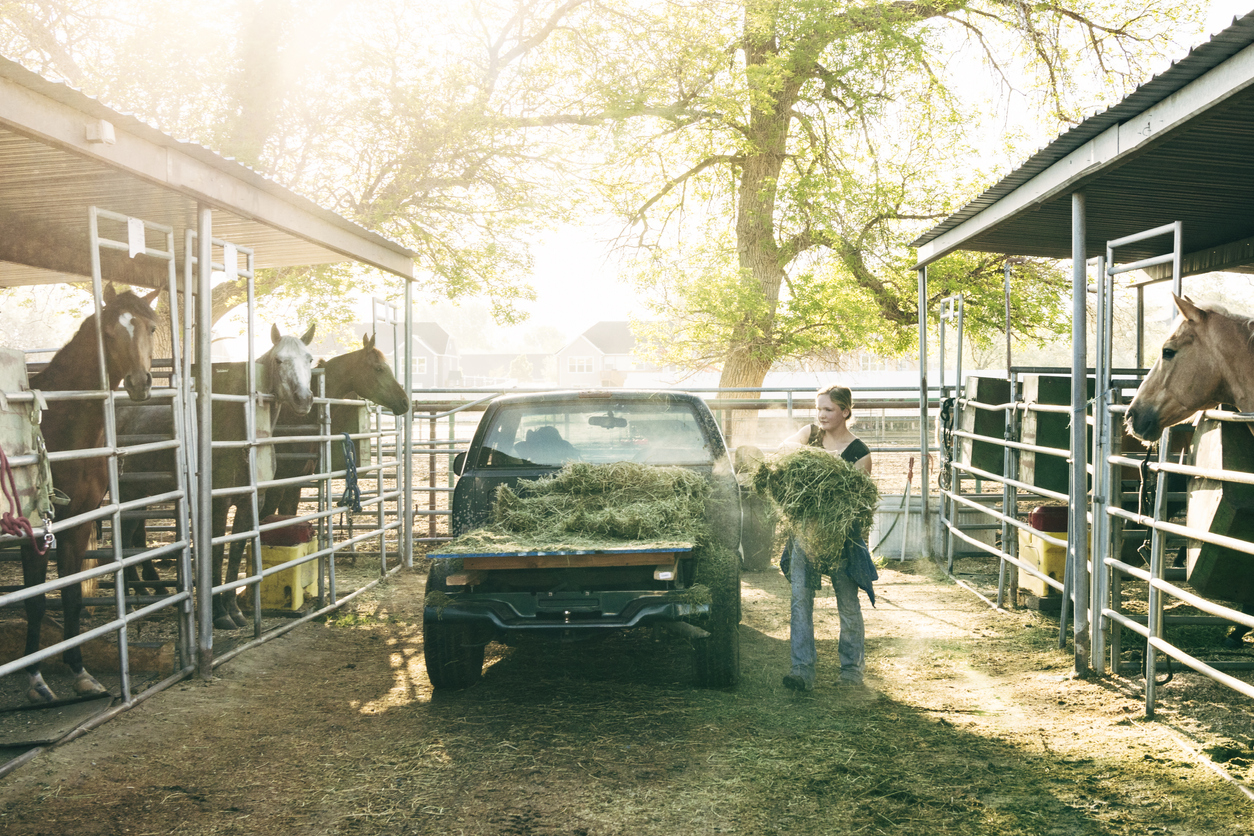
Trailer Buying Guides
A great pickup truck can be the best companion at work. But if you’re in a field such as agriculture, towing, or construction, there are some jobs that an everyday pickup truck just can’t handle. If you’re looking for a way to up the ante and use your pickup truck as...
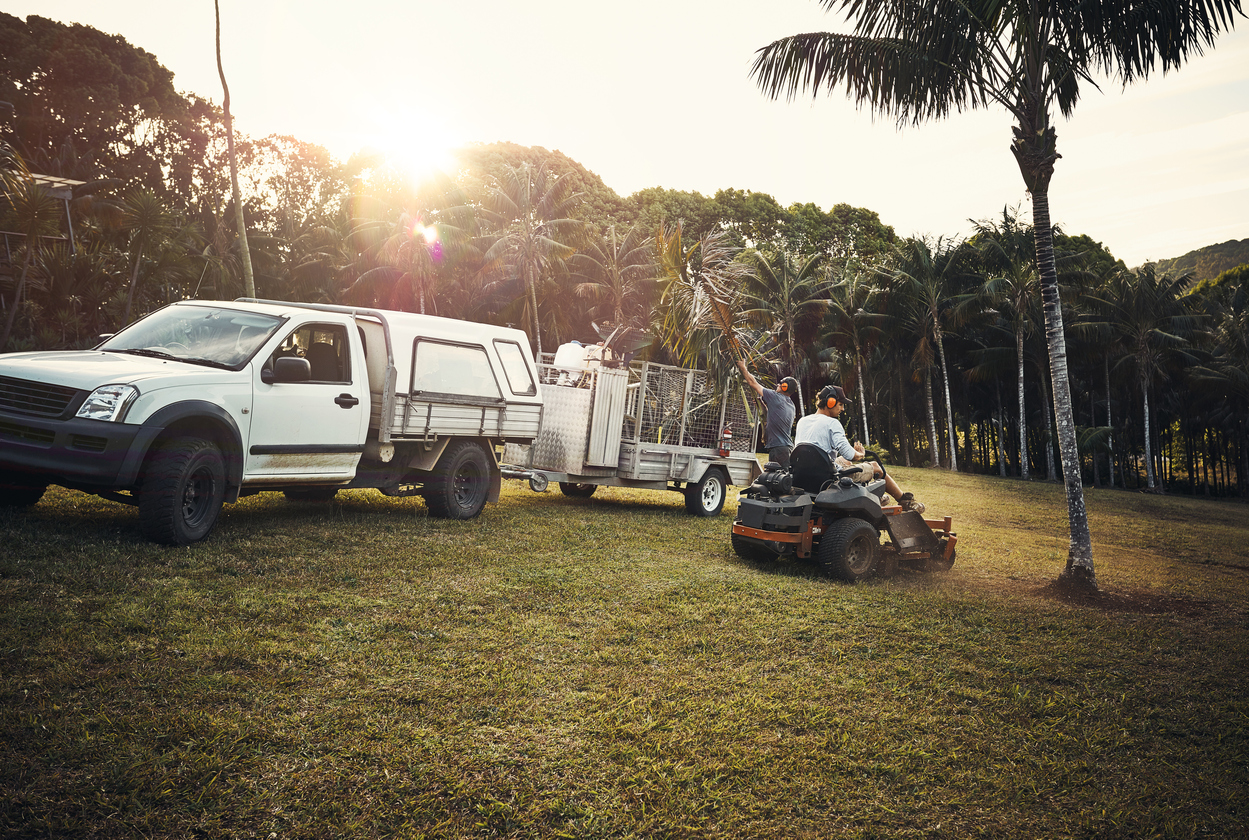
Trailer Buying Guides
So, you’ve decided to start a landscaping business. Or, you’re in the market for a new trailer to haul your materials in because your current one is on its last leg. Before you make the decision on which trailer to buy, you’ll need to do ample research and shopping...
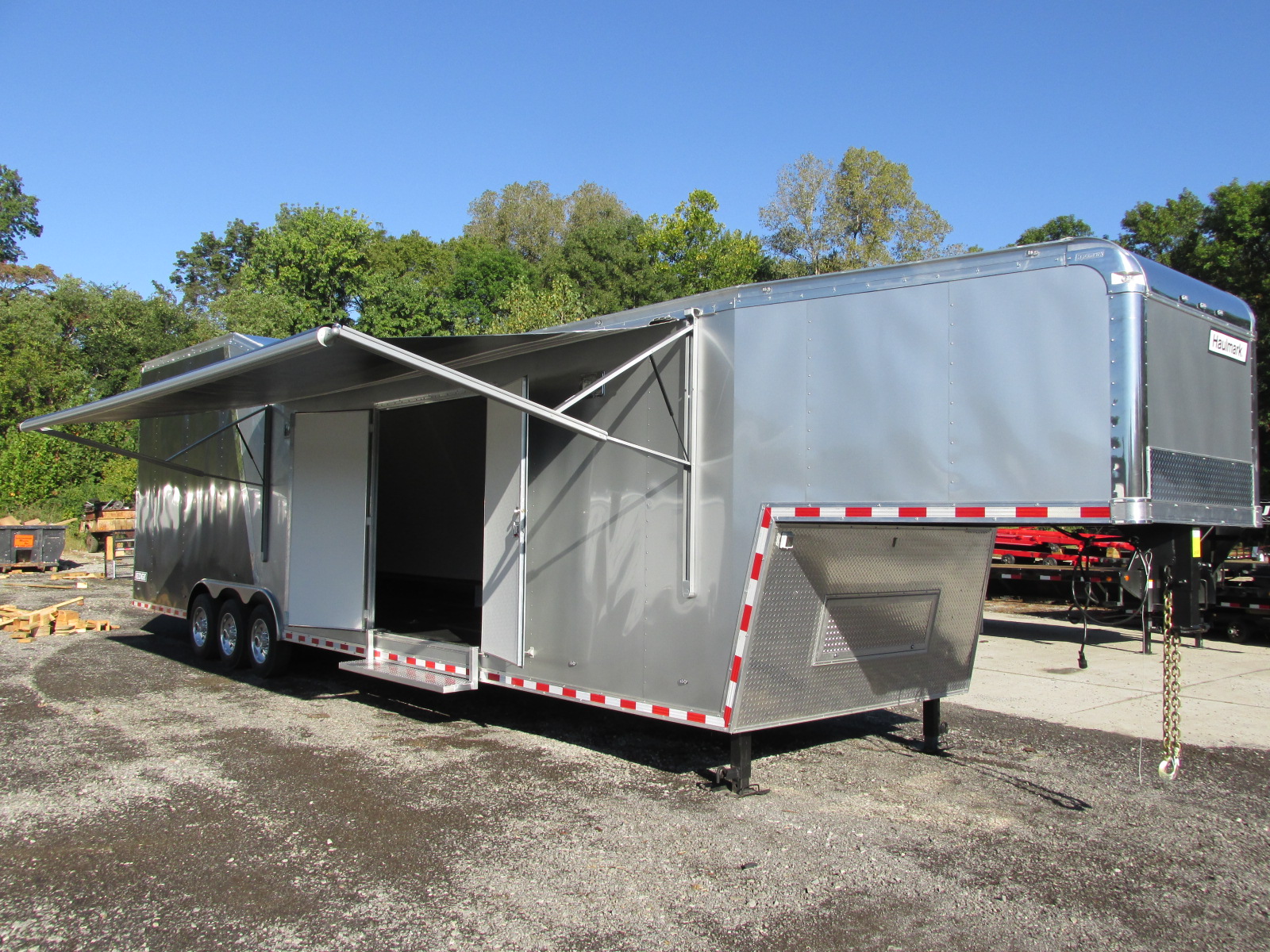
Trailer Advice
A custom trailer can set you apart from the crowd. Whether you want a custom-built trailer for your business or for personal use, we know how important it is to get exactly what you want. That’s why we here at Country Blacksmith Trailers are dedicated to designing...











